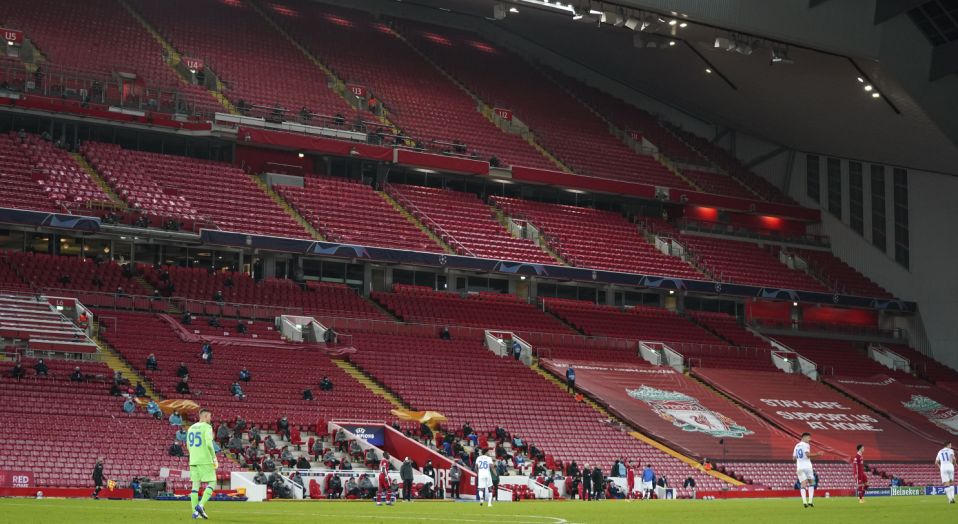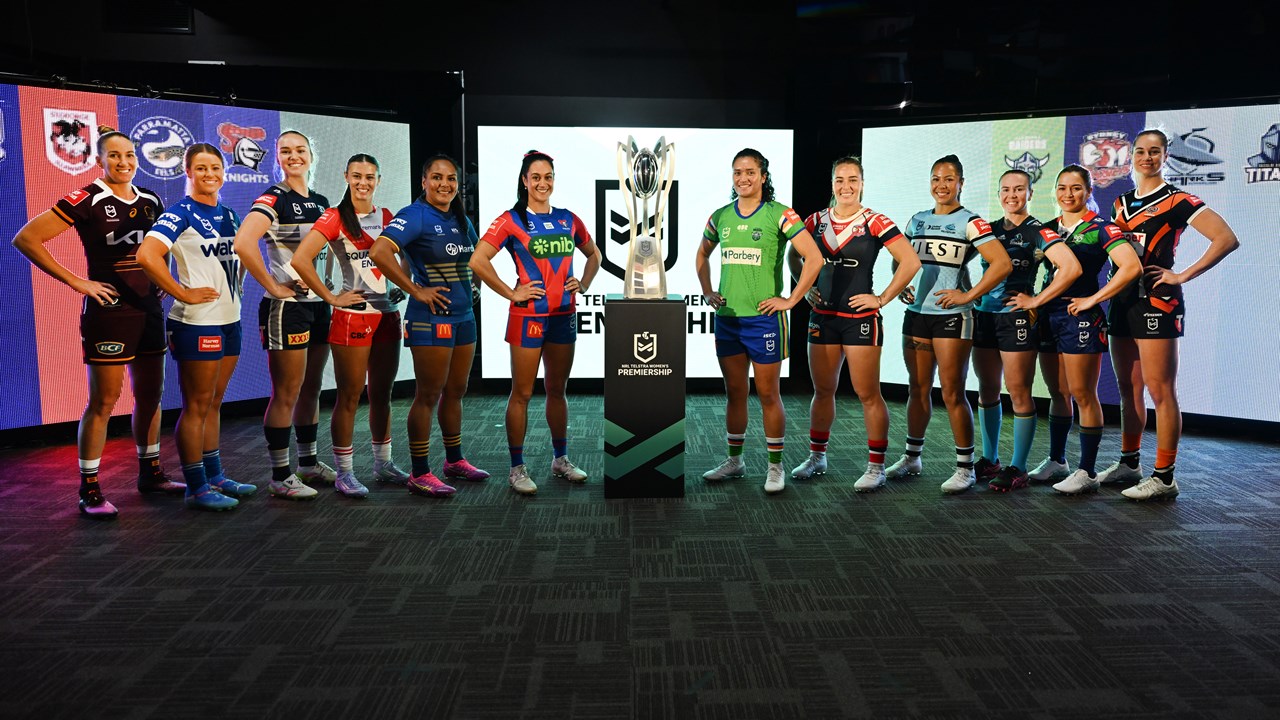A study from the European Sponsorship Association (ESA) and Nielsen Sports has found that the total value of the European sponsorship market fell by 23% in 2020.
This is the first time this figure has dropped in the past decade, according to the study.
However, the final four months of 2020 saw a larger number of deals signed than in 2019, according to Nielsen.
The sponsorship market across Europe dropped from a value of AUD$47.36 billion in 2019 to AUD$36.47 billion in 2020.
As a sector, sports fared comparatively better, falling only 9% to AUD$28.43 billion.
Football unsurprisingly continued its dominance in the sponsorship market, accounting for 49% of the total deals made.
The rise in popularity of e-sports put it second on the list with 12% of total sponsorships, followed by handball, basketball, and rugby union.
European Sponsorship Association chairman, Andy Westlake, believes the dip was expected amid the pandemic but is optimistic as the market begins to recover.
“While a downturn was always to be expected, a 23-per-cent reduction in the industry in just one year shows the magnitude of the recovery needed,” Westlake said.
“However, we’re already seeing some positive green shoots.
“The rapid roll-out of the vaccine programme in many European countries means that live sport and entertainment is back on the agenda in the summer.
“We have also seen some real innovation in the work itself – meaning the industry is prepared like never before to build connections through sponsorship under the most challenging of conditions,” he said.
The report also underlined the ability of major sports rights holders to maintain sponsorship levels.
Smaller rights holders, however, struggled through 2020, with a large percentage of revenue obtained through fan attendance at games.
Nielsen Sports’ international managing director, Marco Nazzari, said that contract extensions in sports will be a key long term issue.
“Last year, most sponsors showed a high level of solidarity with their rights holders − not exclusively, but in some cases due to the fact that compensation rights could be implemented to satisfy the sponsors,” Nazzari said.
“Contract extensions will probably be more challenging in the future, due to economic difficulties or reduction of marketing expenses in certain industries or companies.
“Much of this development in 2021 will continue to be dependent on the evolution of COVID-19.
“New sponsorship entrants, new channels and new fan necessities will impact the key sponsorship value drivers in 2021 and beyond,” he said.







